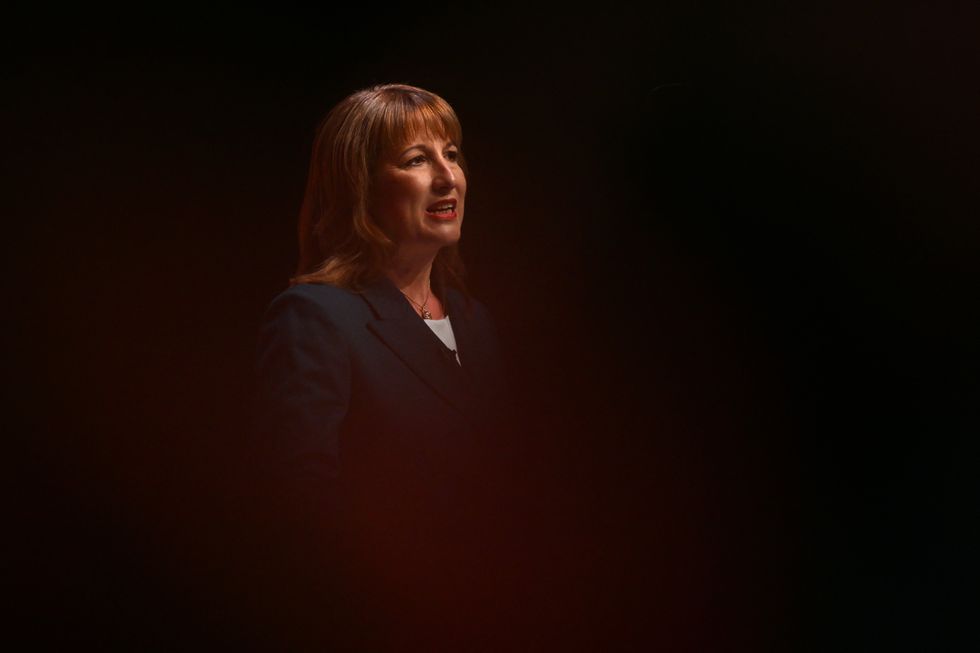Rachel Reeves is said to have now told the OBR she plans to raise income tax.
Last night, it was revealed the Chancellor had formally told the Office for Budget Responsibility that hiking the levy would be among the “major measures” announced on November 26.
REVEALED: How much Rachel Reeves’s tax raid could cost you
After poring over Ms Reeves’s letter, the OBR will inform the Treasury of its impact assessment of the measure on Monday – the penultimate round of forecasts before the Budget.
It is possible the Chancellor, as The Times reported, could still step back from the edge and not raise income tax.

But the hike’s inclusion on her OBR letter marks the clearest sign so far that Labour will commit to breaking its manifesto and formally raise taxes on working people.
The move would make Ms Reeves the first Chancellor in half a century to increase the basic rate of income tax – reportedly by two per cent.
She is also set to be mulling over a national insurance cut to earnings below £50,270 – reducing the rate from eight per cent to six per cent.
Earnings over that threshold would still be subject to a two per cent rate.
That two-up, two-down income tax/NI switch is set to shift the impact onto pensioners and landlords.
It forms part of Labour’s long-held pledge that those with the “broadest shoulders” should bear the heaviest burden.
Economists believe the move could raise more than £6billion a year – only a fifth of the approximately £30billion-valued “black hole” facing down Britain’s economy.
Though that number is up for debate, with the influential National Institute of Economic and Social Research warning it is actually worth £50billion.
Politically, meanwhile, the apparent looming tax rise is already sparking a row at Labour’s high table.
The party’s new deputy leader Lucy Powell has said the Government “should be following through” on its manifesto pledge not to raise income tax, national insurance or VAT.
U-turning, and breaking that promise, could damage “trust in politics”, Ms Powell warned.
A Treasury spokesman said: “The Chancellor has set out the context for the Budget, recognising global and long-term economic challenges.
“It will continue to build the strong foundations to secure Britain’s future and on the priorities of the British people – cutting waiting lists, cutting national debt and cutting the cost of living.”
Our Standards:
The GB News Editorial Charter







Follow